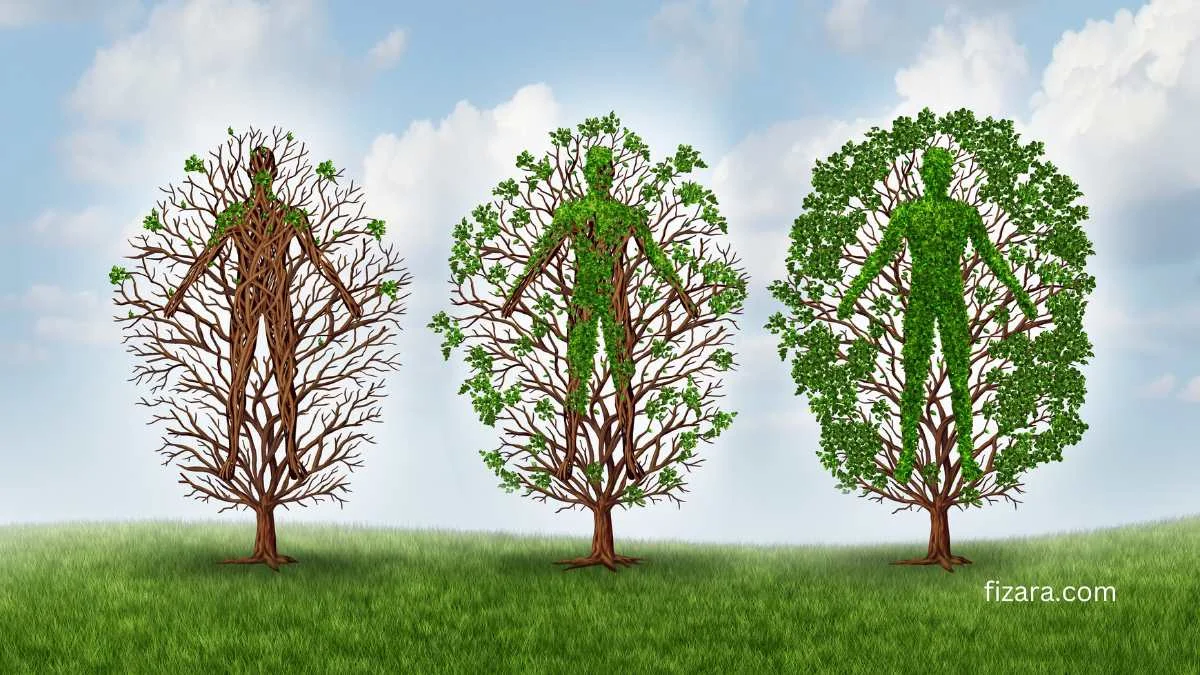Addiction treatment involves more than just quitting substance use. It’s about healing the whole person, and nutrition plays a vital role in this process of addiction treatment. Proper nutrition can help repair the body and mind, supporting a smoother recovery journey.
The Impact of Addiction on Nutrition
Substance use can take a serious toll on your body’s nutritional health. Many people struggling with addiction experience poor eating habits, leading to deficiencies in essential vitamins and minerals. This can weaken the immune system, affect mental health, and slow down the healing process.
Common Nutritional Deficiencies
When dealing with addiction, certain nutrients are often lacking in the body. These deficiencies can worsen the physical and mental symptoms of withdrawal and recovery.
Vitamins and Minerals
Alcohol and drugs can deplete your body of essential vitamins and minerals. Common deficiencies include vitamin B, vitamin C, calcium, and magnesium. These nutrients are crucial for energy, immune function, and mental health.
Protein
Protein is essential for repairing tissues and maintaining muscle mass. Many people with addiction consume insufficient protein, leading to muscle loss and weakness.
The Benefits of Proper Nutrition in Recovery
Focusing on nutrition during addiction treatment can provide numerous benefits, helping both the body and mind heal more effectively.
Improved Physical Health
A balanced diet can help restore your physical health. Proper nutrition supports the immune system, aids in tissue repair, and boosts overall energy levels. This helps you feel stronger and more capable of handling the challenges of recovery.
Enhanced Mental Health
What you eat affects your brain. Proper nutrition can help stabilize your mood, reduce anxiety and depression, and improve cognitive function. This makes it easier to focus on recovery and engage in therapy.
Reduced Cravings
Certain foods can help reduce cravings for substances. For example, complex carbohydrates can stabilize blood sugar levels, which helps control cravings and mood swings.
Building a Healthy Diet for Recovery
Creating a balanced diet is key to supporting your recovery. Here are some tips for building a healthy diet.
Eat a Variety of Foods
Aim for a variety of fruits, vegetables, whole grains, lean proteins, and healthy fats. This ensures you get a wide range of nutrients to support your health.
Stay Hydrated
Drinking plenty of water is crucial. Proper hydration helps detoxify your body and supports all bodily functions. Aim for at least eight glasses of water a day.
Limit Sugar and Processed Foods
Sugar and processed foods can lead to blood sugar spikes and crashes, which can worsen mood swings and cravings. Focus on whole, unprocessed foods instead.
Incorporate Omega-3 Fatty Acids
Omega-3 fatty acids, found in fish, flaxseeds, and walnuts, are great for brain health. They can help reduce inflammation and improve mood.
The Role of Supplements
Sometimes, it’s hard to get all the nutrients you need from food alone. Supplements can help fill in the gaps, especially during the early stages of recovery.
Multivitamins
A good multivitamin can help ensure you’re getting the essential vitamins and minerals your body needs.
Specific Nutrient Supplements
Depending on your needs, you might benefit from specific supplements like vitamin B, vitamin D, magnesium, or omega-3 fatty acids. Always talk to a healthcare provider before starting any supplements.
Combining Nutrition with Other Treatments
Nutrition is a powerful tool in addiction treatment, but it works best when combined with other approaches. Therapy, medication, and support groups all play important roles in recovery. A comprehensive treatment plan that includes proper nutrition can enhance your chances of success.
Paying attention to nutrition can make a huge difference in addiction recovery. I’ve seen how a balanced diet helps people feel better physically and mentally, making it easier to stay on track with their recovery goals.
Finding Support
If you’re unsure where to start with nutrition, consider seeking help from a nutritionist or dietitian who specializes in addiction recovery. They can create a personalized plan that meets your specific needs.
Remember, recovery is about healing your whole self. Focusing on nutrition is a key part of this process. By giving your body the nutrients it needs, you support your overall health and enhance your ability to stay sober.
Nutrition plays a vital role in addiction recovery. Proper nutrition helps repair the body, supports mental health, and reduces cravings. By focusing on a balanced diet and combining it with other treatments, you can enhance your recovery journey. If you or someone you know is struggling with addiction, consider the power of nutrition as part of the treatment plan.









